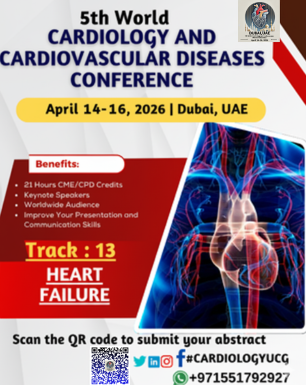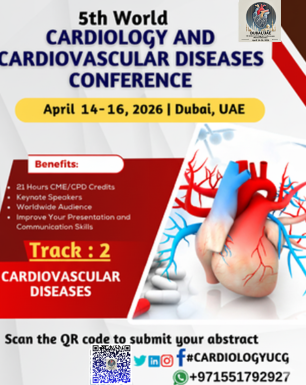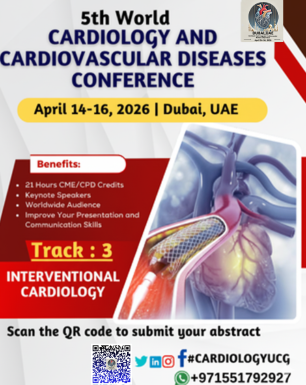Types of Heart Failure, Acute Heart Failure, Chronic Heart Failure, Left-Sided Heart Failure, Right-Sided Heart Failure, Systolic vs. Diastolic Heart Failure, Heart Failure with Reduced Ejection Fraction (HFrEF), Heart Failure with Preserved Ejection Fraction (HFpEF), Causes of Heart Failure, Myocardial Infarction and Heart Failure, Hypertension and Heart Failure, Cardiomyopathy, Ischemic Heart Disease and Heart Failure, Valvular Heart Disease and Heart Failure,
Why is heart failure ?
Heart failure occurs when the heart is unable to pump blood effectively enough to meet the body’s needs. It’s not a single condition, but rather a collection of symptoms that result from various underlying heart conditions. The heart may be too weak (in systolic heart failure) or it may be unable to relax and fill properly (in diastolic heart failure). Heart failure can develop gradually over time, or it can occur suddenly.
Here’s why heart failure happens.
1. Weakened Heart Muscle:
- When the
heart muscle becomes weakened or damaged, it cannot pump blood as
efficiently. This can result from conditions like coronary artery disease, myocardial infarction
(heart attack), or cardiomyopathy.
2. High Blood Pressure
(Hypertension):
- Chronic
high blood pressure forces the heart to work harder to pump blood, leading
to thickening and stiffening of the heart muscle, which eventually reduces
its ability to pump blood. Over time, this can lead to heart failure.
3. Valvular Heart Disease:
- If the
heart valves (which control blood flow through the heart) become damaged
or diseased, the heart has to work harder to move blood through the
chambers. This extra effort can lead to heart failure.
4. Heart Attack (Myocardial
Infarction):
- A heart
attack occurs when blood flow to part of the heart muscle is blocked,
causing damage to the heart tissue. The damaged heart muscle may no longer
function properly, leading to heart failure.
5. Arrhythmias (Irregular Heart
Rhythms):
- Abnormal
heart rhythms, particularly if they are rapid (e.g., atrial fibrillation), can
cause the heart to beat inefficiently, leading to a reduced ability to
pump blood and heart failure over time.
6. Diabetes and Metabolic Syndrome:
- Conditions
like diabetes, obesity, and high cholesterol can
contribute to the development of heart failure by promoting
atherosclerosis (narrowing and hardening of the arteries) and increasing
the risk of heart attack and stroke.
7. Chronic Kidney Disease:
- Chronic
kidney disease often coexists with heart failure and can worsen the
condition. The kidneys and heart are interconnected, and kidney
dysfunction can lead to fluid buildup, which can strain the heart.
8. Congenital Heart Defects:
- Some
individuals are born with structural heart problems that affect heart
function and may eventually lead to heart failure, particularly if the
condition worsens over time.
9. Infections and Inflammation:
- Infections,
such as endocarditis
(infection of the heart valves) or inflammation due to autoimmune diseases
(like rheumatic heart disease),
can damage the heart muscle or valves, leading to heart failure.
10. Alcohol or Drug Abuse:
- Chronic
alcohol abuse or use of certain drugs can damage the heart muscle, a
condition known as alcoholic
cardiomyopathy. This can lead to heart failure over time.
11. Thyroid Disorders:
- Both hypothyroidism
(underactive thyroid) and hyperthyroidism
(overactive thyroid) can contribute to the development of heart failure by
affecting heart rate and blood pressure regulation.
12. Chronic Lung Disease:
- Conditions
like chronic obstructive pulmonary disease
(COPD) or pulmonary
hypertension can lead to right-sided heart failure because
of the increased strain on the right side of the heart.
13. Obesity:
- Obesity
can contribute to heart failure in multiple ways, including through
increased blood pressure, diabetes, and strain on the heart due to excess
weight. Additionally, obesity can lead to sleep apnea, which can worsen heart failure.
14. Aging:
- As
people age, the heart muscle naturally becomes stiffer and less efficient,
which can increase the risk of heart failure. Additionally, older adults
may have accumulated heart damage from previous heart attacks or
long-standing high blood pressure.
15. Chemotherapy or Radiation:
- Certain
cancer treatments, including chemotherapy and radiation therapy, can
damage the heart muscle or affect the heart’s ability to pump blood,
leading to chemotherapy-induced
cardiomyopathy.
Why is Heart Failure Dangerous?
Heart failure is a serious condition because
it means that the heart is not supplying the body with enough oxygen and
nutrients. As the condition worsens, symptoms like shortness of breath,
fatigue, swelling, and fluid retention become more pronounced. Over time, heart
failure can lead to severe complications, including:
- Organ damage: Without
adequate blood flow, organs may not function properly.
- Arrhythmias: Abnormal
heart rhythms can occur, increasing the risk of sudden cardiac death.
- Fluid buildup: The body
may retain fluid, leading to swelling in the legs, abdomen, and lungs,
which can cause difficulty breathing.





